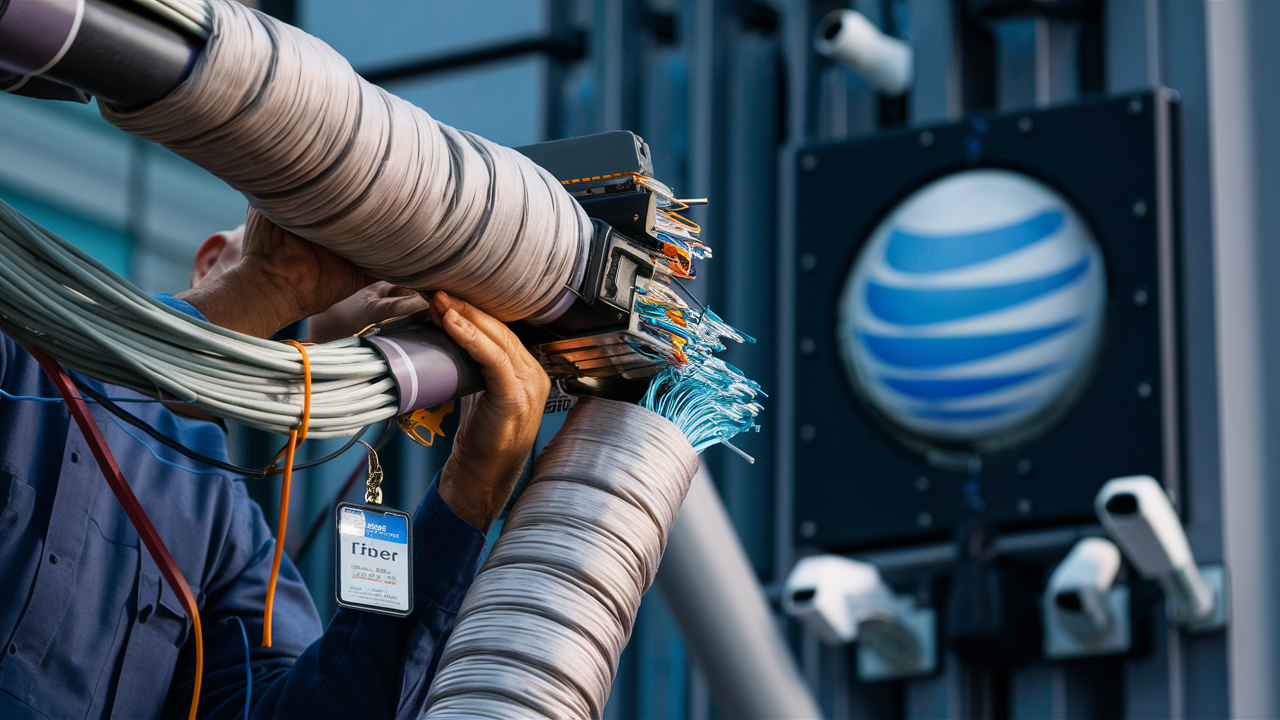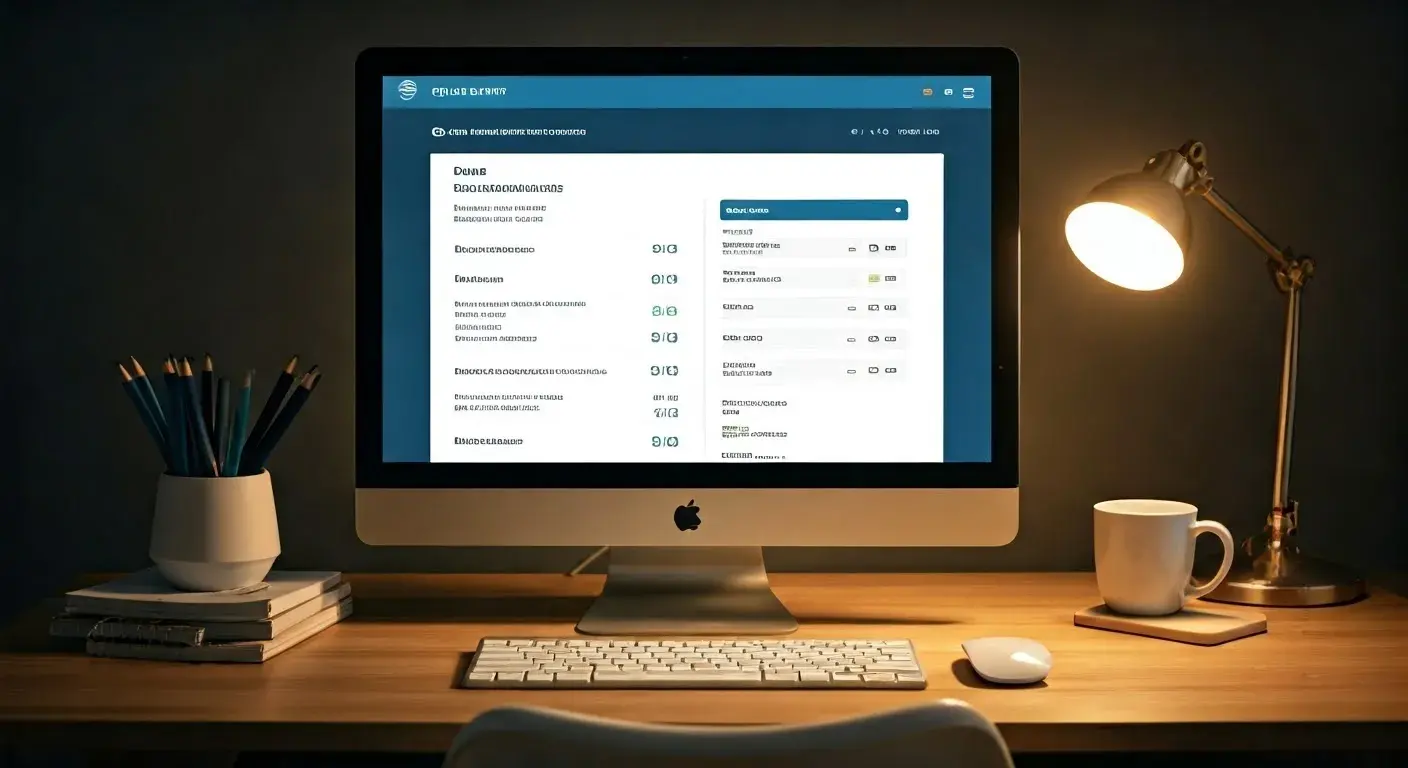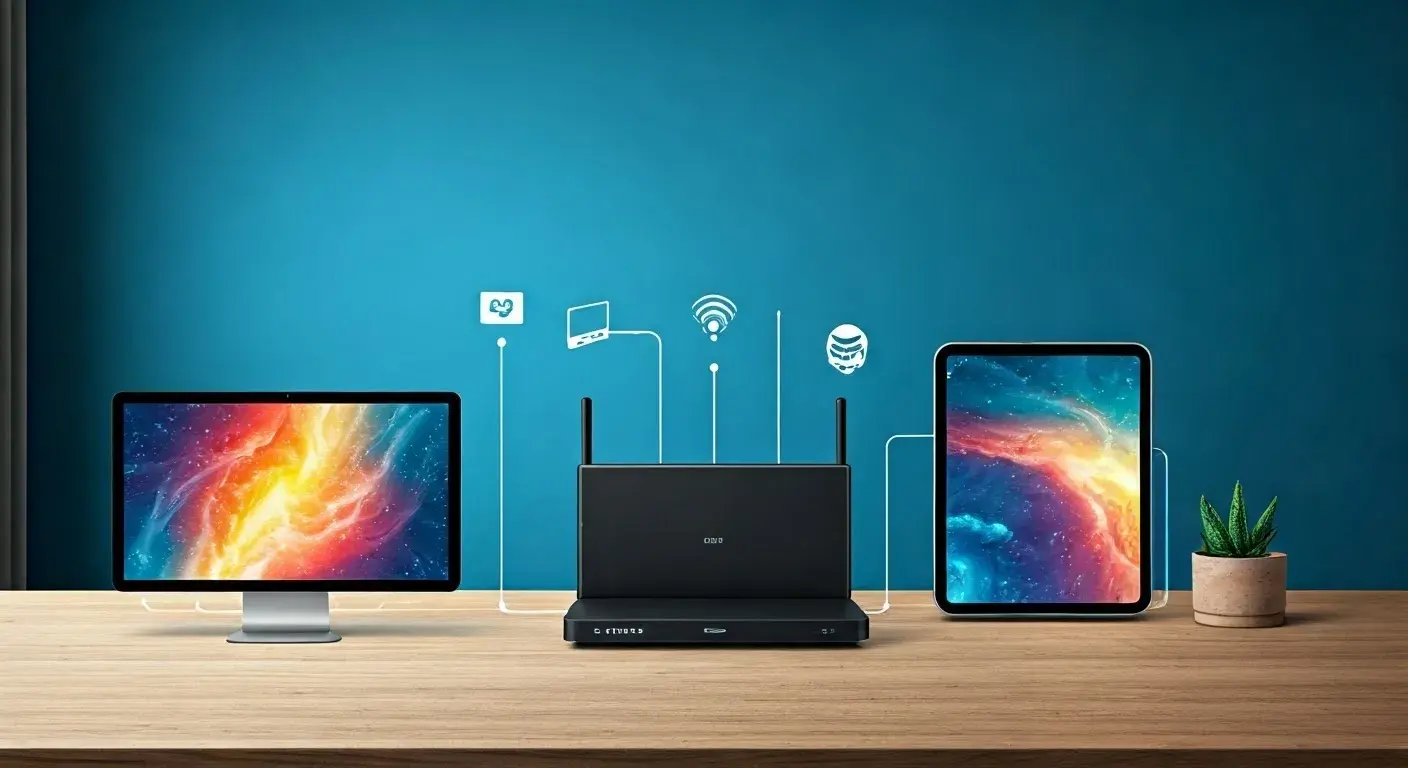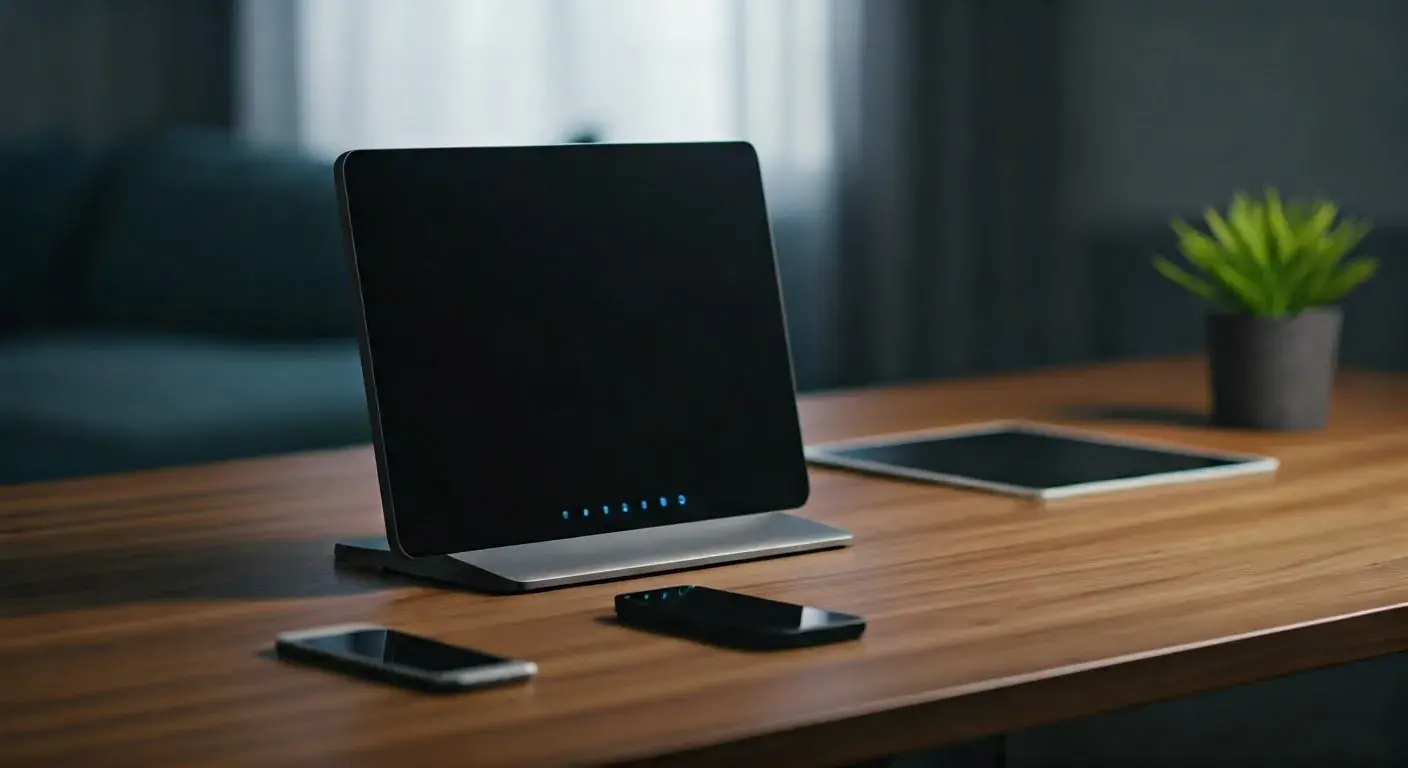Does AT&T fiber have security?

The AT&T fiber has strong security features, and you can feel secure knowing your data is safe from prying eyes. Here is an overview of some of the key security features that come with AT&T fiber Internet service.
Encryption
AT&T utilizes fiber optics to allow data transmission and all this data is encrypted. Encryption codes the data as it moves between your devices, AT&T Internet, and different sites on the Internet service, making it impossible to read by anyone in the middle. This makes it extremely difficult for hackers to intercept your data while in transit or steal and modify the same. AT&T employs the best technology of AES 256-bit which is considered secure and reliable by most companies in the world.
Firewall Security
The fiber gateways and modems of AT&T have a feature of an advanced network firewall integrated into it. This serves as a gatekeeper that regulates traffic flow and when necessary, filters out all forms of malicious traffic that seek to launch different categories of cyber attacks. The firewall employs techniques like deep packet inspection, intrusion detection and prevention, and others to scrutinize packets of traffic and get rid of threats. Some parts of the firewall’s settings can be adjusted by the user through the gateway for more security.
Wi-Fi Security
The Wi-Fi network transmitted from the AT&T fiber entrance is secured by default to avoid improper access. AT&T gateways are equipped with the modern WPA3 – it is the most secure Wi-Fi protection standard for home networks. You can also set your access password on Wi-Fi for those who want to connect to the internet. Other measures that could be employed in enhancing Wi-Fi security include concealing the SSID, MAC filtering to regulate access of specific devices to the network, and prohibiting remote gateway access.
Network Monitoring
The fiber networks owned by AT&T actively have threat detection mechanisms that constantly analyze the traffic on their fiber networks. From traffic analysis, they can notice novelties that may look suspicious, which could show a potential breach or an attack. Currently, AT&T's multiple global security operation centers provide round-the-clock support to analyze and counter new and emerging threats across the whole of the network.
Software Updates
AT&T regularly deploys critical software and firmware updates for the firm’s gateways to address bugs, security breaks, and other enhancements. It is beneficial because the updates contain security patches that can help avoid problems that may occur when using the application. It can also be done manually using the interface of the gateway; there are tabs for it. Updating is also very important for the system as it is essential to apply all the updates as soon as possible to avoid security issues.
Parental Controls
In addition to that, AT&T Smart Home Manager is an application that enables parental control for AT&T fiber customers. With it, you can set time limits according to the age of the content, limit the amount of time your children spend on the computer or the Internet, even turn internet access on and off, choose which websites are off-limits, and many more. These controls include setting profile-based restrictions to curtail the usage of kids’ connected devices at home. For every family member, various controls can be set according to the profile assigned to them.
In addition to these built-in security protections, there are also some best practices AT&T fiber subscribers can implement for optimal home network security: In addition to these built-in security protections, there are also some best practices AT&T fiber subscribers can implement for optimal home network security:
- Have secure passwords for your Wi-Fi, preferably long and having a mix of alphabets, numeration signs, and some symbols. Do not accept login IDs and passwords that are regularly used at other websites.
- Avoid connecting the device to unknown networks especially the ‘Free Wi-Fi’ which is offered in public facilities, hotels, and restaurants among others as most of them do not enforce security mechanisms as compared to home networks. Do not perform actions that require privacy, such as checking mail, reading personal messages, or making a purchase, when connected to such a network.
- Antivirus/malware protection software should be put in each of the computers used and it should be updated to check for the latest threats. It should also be noted that you should run regular system scans as well.
- Whenever possible allow two-factor authentication on all accounts that one uses frequently to add a second layer of protection to the login credentials.
- Do not easily trust emails, texting, and calls that are asking for personal information. If you ever receive a call from someone claiming to be from AT&T and this person asks for your full account password or your full social security number, do not give it to him/her, as this company will never ask for such information out of the blue.
- Connect to a backup connection at your home using a secure VPN to encrypt your traffic when using public connections or shared networks.
- Employ the services of firewalls, adverts, and genuine antivirus/malware programs for the added shield on other connected devices.
Therefore, in conclusion, AT&T fiber offers its consumer standard security across the network plus additional features that could be employed to optimize the security for a comprehensive safety measure. For people who want fast and stable fiber Internet at home with no compromise on security, the solution is simple – get AT&T fiber. Please ask if you have any questions or for any further clarification.
Upgrade to faster, more reliable AT&T Fiber Internet today! Call us at +1 844-905-5002 and get connected with speeds that keep you ahead.





